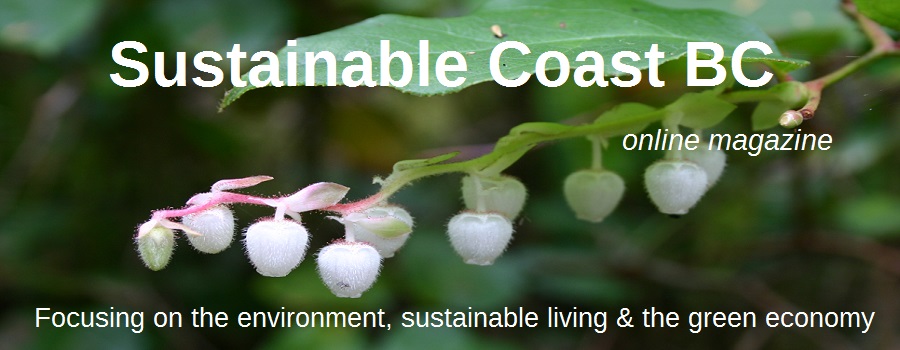Transitioning
- Details
- Written by Beverly Saunders Beverly Saunders
- Category: Uncategorised Uncategorised
- Published: 12 June 2015 12 June 2015
“This is the perfect opportunity for community members who love wildlife to help collect vital scientific information,” says Wildlife Project Leader Michelle Evelyn. “You can learn more about local species, and help conserve threatened wildlife. And all bat count participants will receive a free bat t-shirt, bat info guide and bat house!”
To count bats, simply watch the roost and count the bats as they fly out at sunset. Ideally, two counts are done between June 1 and 21 before pups are born, and two more between July 21 and August 15 when pups are flying with their mothers. This long-term monitoring information is very valuable since there is very little known about local bat species and their population numbers.
If desired, Wildlife Project biologists are available to assist with the count and visit your property to assess your bat situation, identify the bat species, and provide you with information on safe evictions and bat houses.
The Annual Bat Count is being promoted by the Wildlife Project as part of the BC Community Bat Project network with funding from Habitat Conservation Trust Foundation and Environment Canada. The BC Community Bat Project network was established in many regions of BC in 2014 to support bat conservation. The goals of the network are to raise awareness about bats, provide information to homeowners dealing with bat issues in buildings, promote the installation of bat-houses, and develop a citizen science program to monitor bat populations.
Of the sixteen species of bats in B.C., over half are red or blue-listed, meaning that their populations are declining and they could become endangered. Recently the Little Brown Myotis, a species that commonly uses buildings as roost sites, was listed as Federally Endangered due to the devastating impacts of White Nose Syndrome (WNS) in eastern Canada. This introduced fungus has already killed approximately 6 million bats in North America. Since WNS has not arrived in BC, community bat projects are doing all they can to promote bat conservation prior to its arrival.
To learn more about how to participate in the bat count, to report a roost, or to arrange a site visit, please visit www.coastwildlife.ca or www.facebook.com/coastwildlife or email This email address is being protected from spambots. You need JavaScript enabled to view it. or call 604-989-1007.
